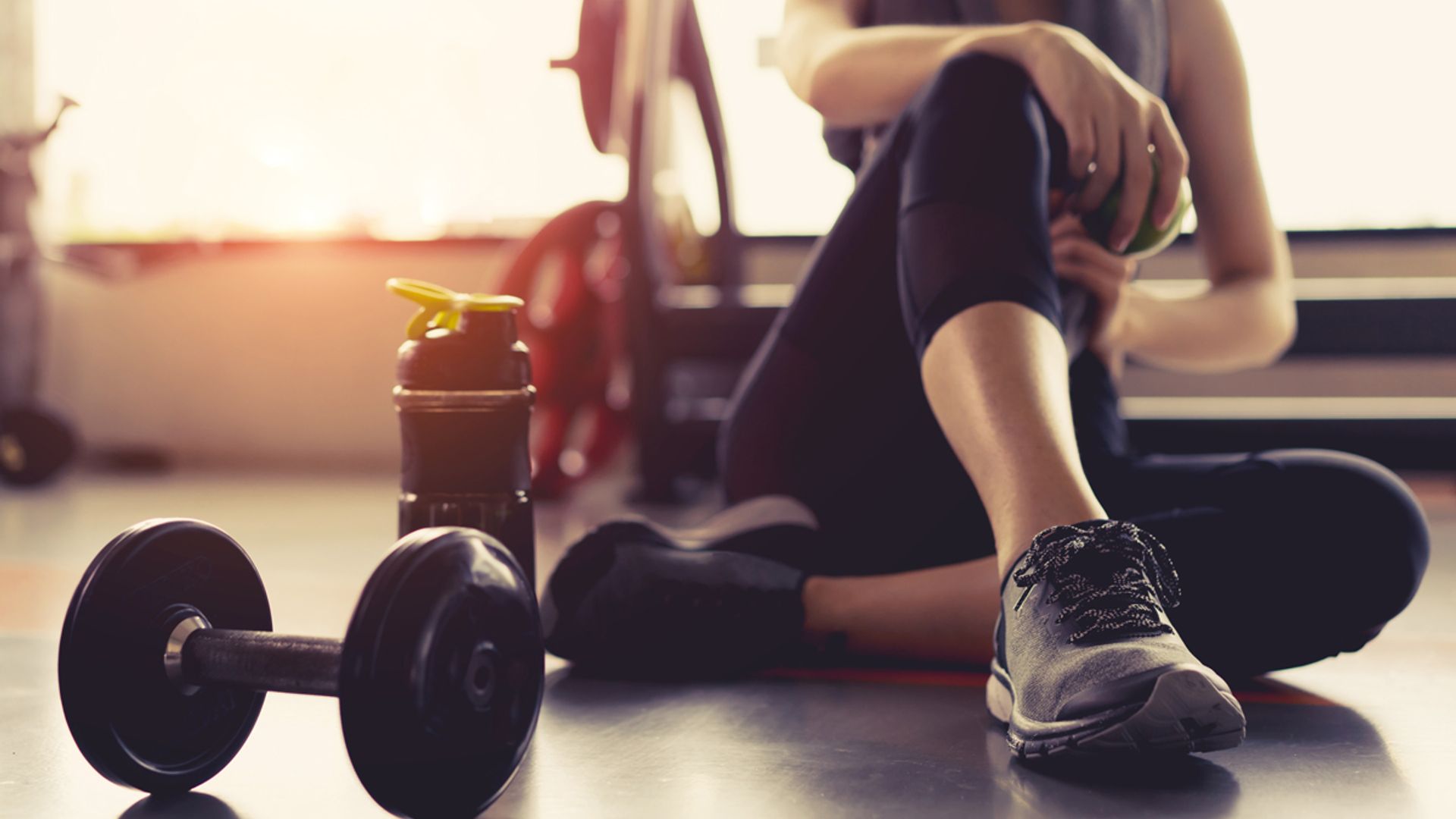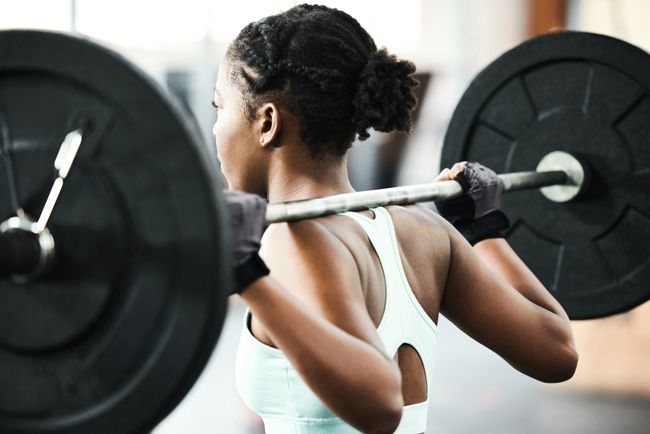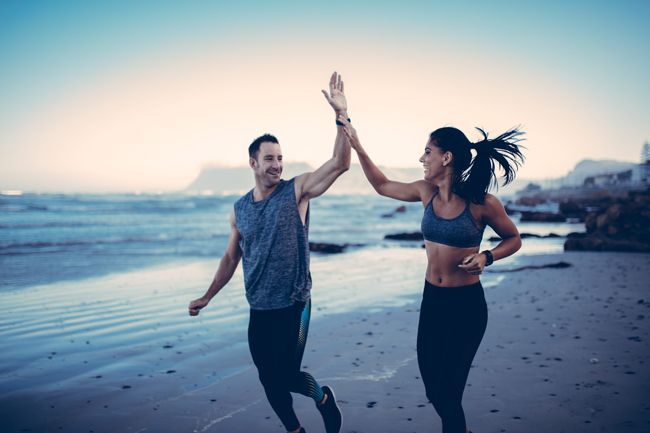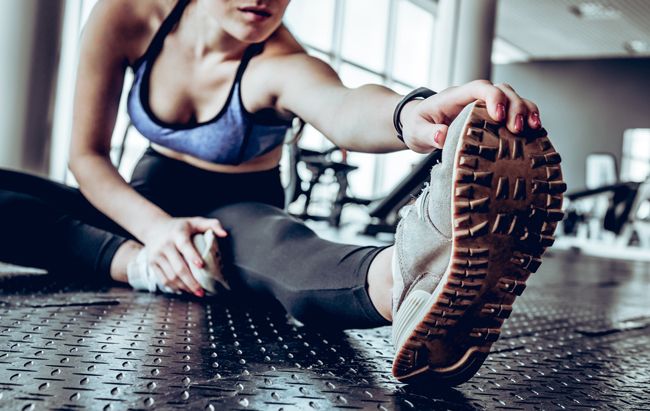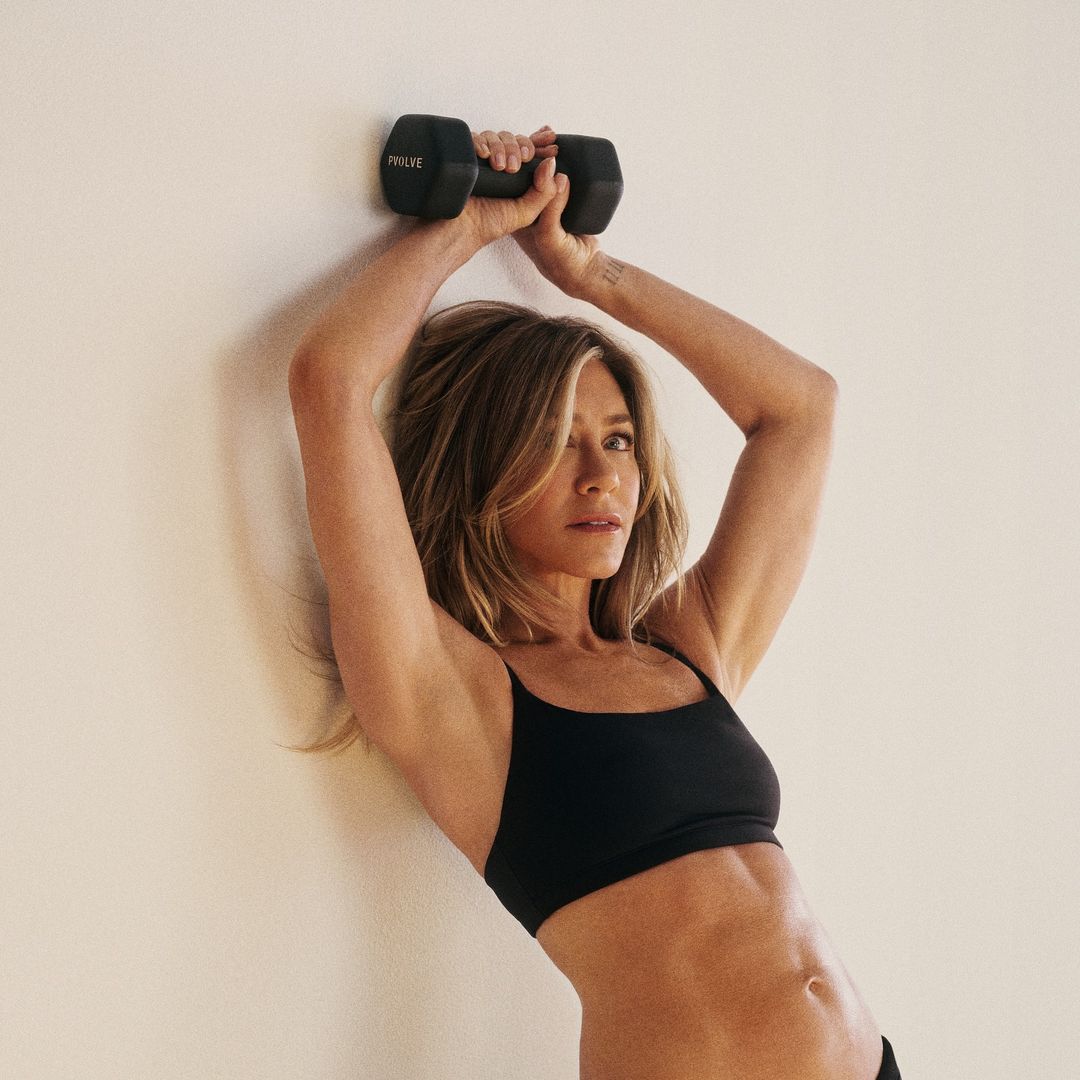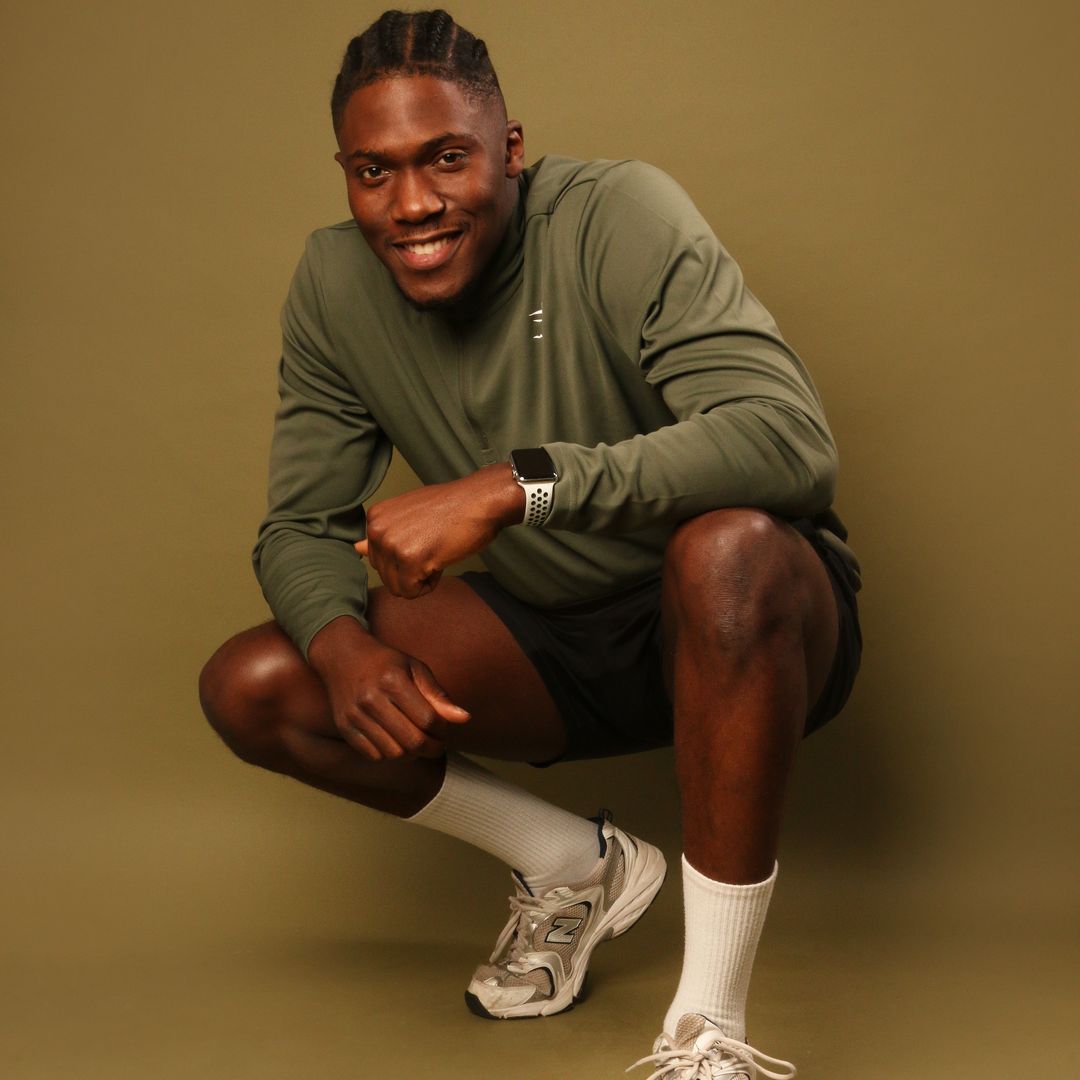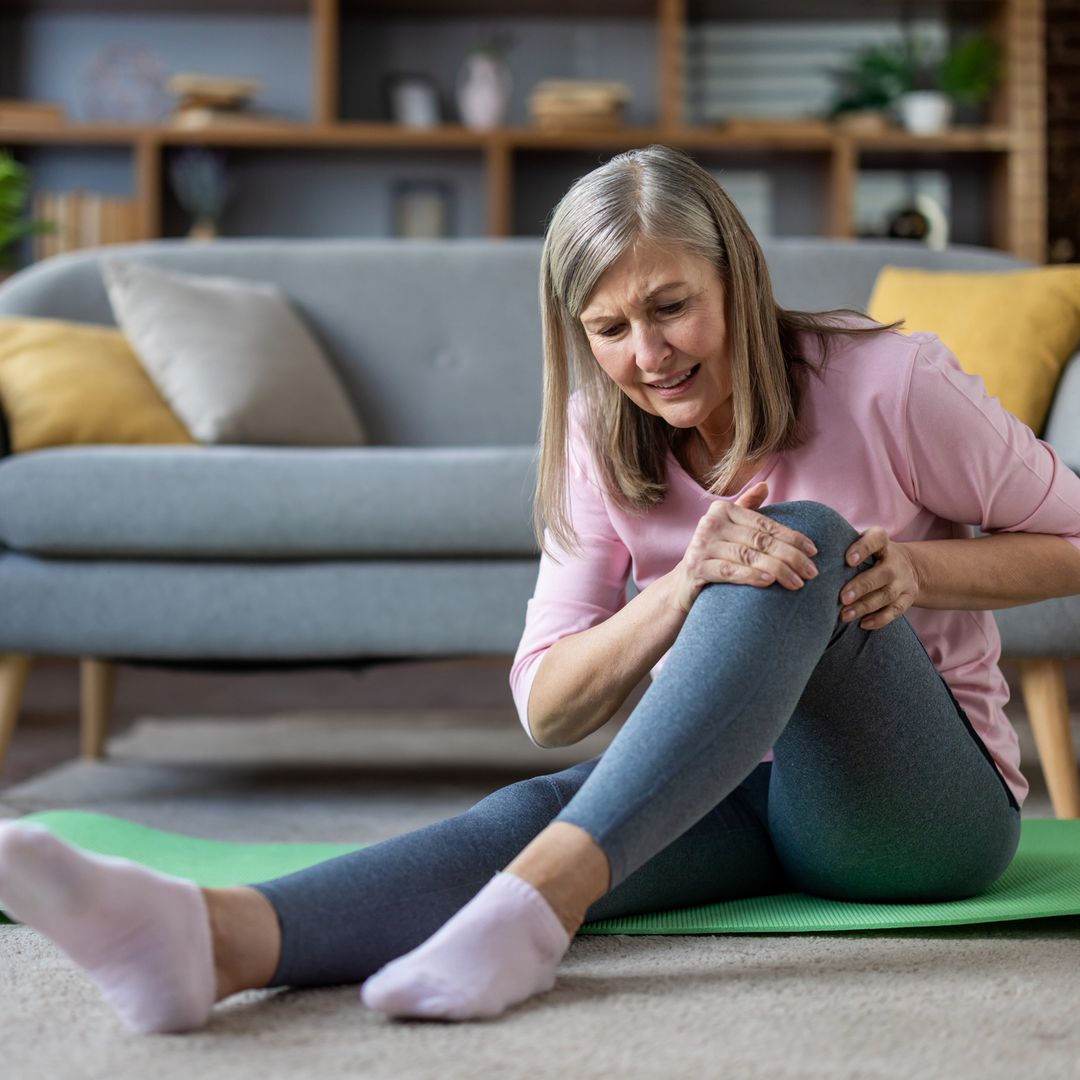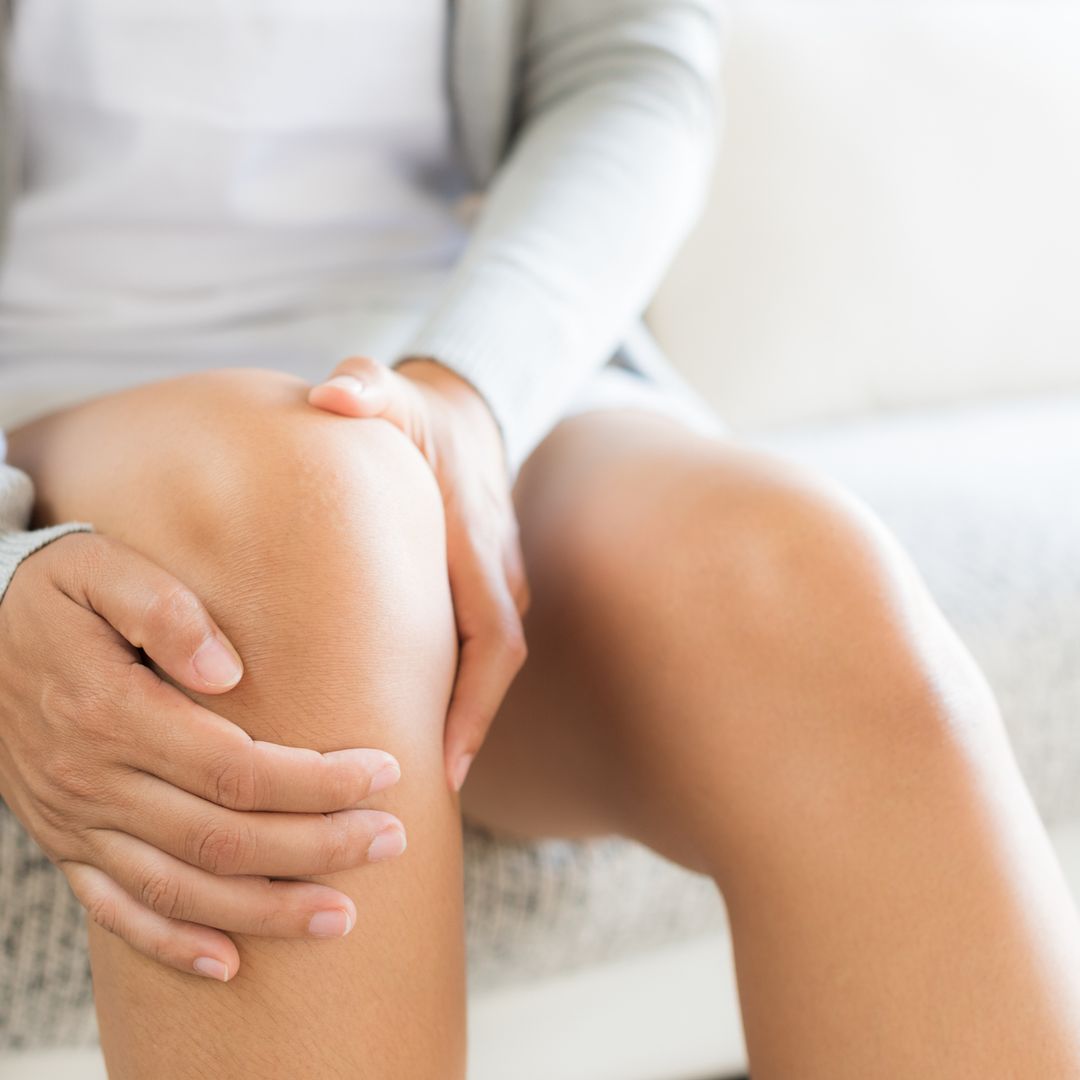With 2022 firmly behind us and January 2023 well underway, you might be finding that the health and fitness goals you set for this year are turning out to be slightly unachievable.
In fact, by February, 80% of people have scrapped their set of New Year resolutions.
Maybe you've committed to a 6am workout Monday to Friday, a daily 30-minute HIIT session or perhaps vowed to go on a run five times a week despite not having run in months…
We aren't here to tell you that your dreams aren't attainable, but how often have you found yourself vowing to get fit by setting yourself unrealistic goals, which just leave you feeling deflated when they’re not achieved?
Keen to get fit? Try adding these realistic fitness goals to your 2023 list and reap the benefits, fast.
1. Find an exercise you enjoy
Exercise doesn't have to feel like a form of torture.
Finding a form of exercise that you enjoy not only means you'll be more likely to actually do it in the first place, but you'll also be more likely to continue doing it in the long term.
READ: Do you need an awe break? The happiness-boosting activity we can all try
If you don't fancy hitting the gym, perhaps you'd rather do a class, or maybe you want to take up running. There might be a running group nearby; a good place to look is www.runtogether.co.uk.
Maybe you fancy cycling - on a cycling track, around your local park, or even cycling to work — or perhaps you want to get fit with some sports. Whether it's netball, tennis, rugby; there'll be something for you.
2. Lift weights three times a week
This doesn't have to mean heavy dumbbells and bars. Using your own body weight as a form of resistance works well too, especially if you're new to resistance training.
But what are the benefits of resistance training? Not only does it help maintain muscle mass and protect bones, which is vital as we age, it helps to burn fat, build lean muscle, improve posture and it's also been proven to help beat stress and improve mood.
Add weight lifting to your routine
Bodyweight squats and lunges are great for the legs and butt, whilst press ups (drop to your knees if you find these too difficult!) are brilliant for working the upper body. Other movements include sit ups, which work the stomach muscles, jumping movements for a big old’ cardio boost and the infamous plank, which works the core, butt, legs and shoulders.
NEED: Weightlifting shoes are the game-changing gym buy for toned glutes
In fact, there's an abundance of bodyweight movements that work the whole body.
In time, when these become less of a challenge, try adding extra weight with dumbbells, barbells and kettlebells. Start light, and slowly build your strength over time.
3. Walk more
Hands down the most underrated form of exercise, walking is a natural movement that not only gets your heart rate up, helping to improve fitness generally, but it also works the muscles in the lower body, reduces the risk of certain illnesses and it helps with mental health.
If you drive to work, sit at your desk all day and then spend the evening on the sofa, you'll likely be racking up a minimal amount of steps.
We've often been told that 10k is the sweet spot when it comes to your step count, but this is really the minimum amount of steps you should be doing. Aim for more if you can.
Prioritise taking a walk at lunch, meet friends at the weekend and walk to the pub instead of driving or getting transport, and if it's an option, run errands by foot. Every little helps and if you don't have time for scheduled exercise, then racking up steps and walking whenever you can is a great way to keep fit.
4. Enter a competition
Many gyms host their own gym-based competitions to motivate you to step into the studio, such as who can do the most squats or press ups, with prizes such as free memberships for the winner.
Some spin classes have leaderboards during the class too, to motivate you to up the pace or intensity.
If the thought of competing intimidates you, then just remember; everyone is competing for their own reasons and no-one is watching what you’re doing.
5. Recruit a friend
Fitness can be fun alone, but with a friend or two, it can not only become more enjoyable, but you’ll each have someone to hold you accountable.
A workout buddy is great for motivation
You're far less likely to skip a workout if you've already promised a friend you’ll show up.
You could even set goals such as running your first 5k together. Support each other and when you achieve your goals, plan something fun to celebrate.
6. Balance high-intensity with low-intensity exercise
No, you don’t have to be drenched in sweat after every workout!
Whilst it is good to incorporate high-intensity workouts into your regime, low-intensity workouts are also important.
SHOP: Best foam rollers to ease those aches and pains all year round
Going too hard, too often, can cause more stress on the body, it can lead to injuries and fatigue and in the long run, it can be hard to maintain.
Slow resistance training counts as a low-intensity exercise, as does walking, yoga, Pilates and slow swimming.
Get the balance right and you'll lessen stress on the body and minimise the risk of over-exerting yourself. You’ll also maintain the energy to keep up your exercise routine.
7. Stretch, regularly
Want to stay mobile and injury free, so you can keep moving comfortably? You'll definitely want to stretch then. After every workout, devote five minutes to stretching, primarily static stretching, which involves no movement.
Before exercise, opt for dynamic stretches, which do involve movement. Exercises such as leg swings and bum kicks help to mobilise the body and prepare it for your workout.
Stretching can help prevent injury
Plus, if you're someone who spends much of the day sitting down, then you'll likely find your muscles stiffening up which can become painful; another reason why stretching is so important.
Remember, prep and recovery are just as important as the workout itself.
Subscribe to Hello Happiness, for your ultimate guide on how to be happier.
